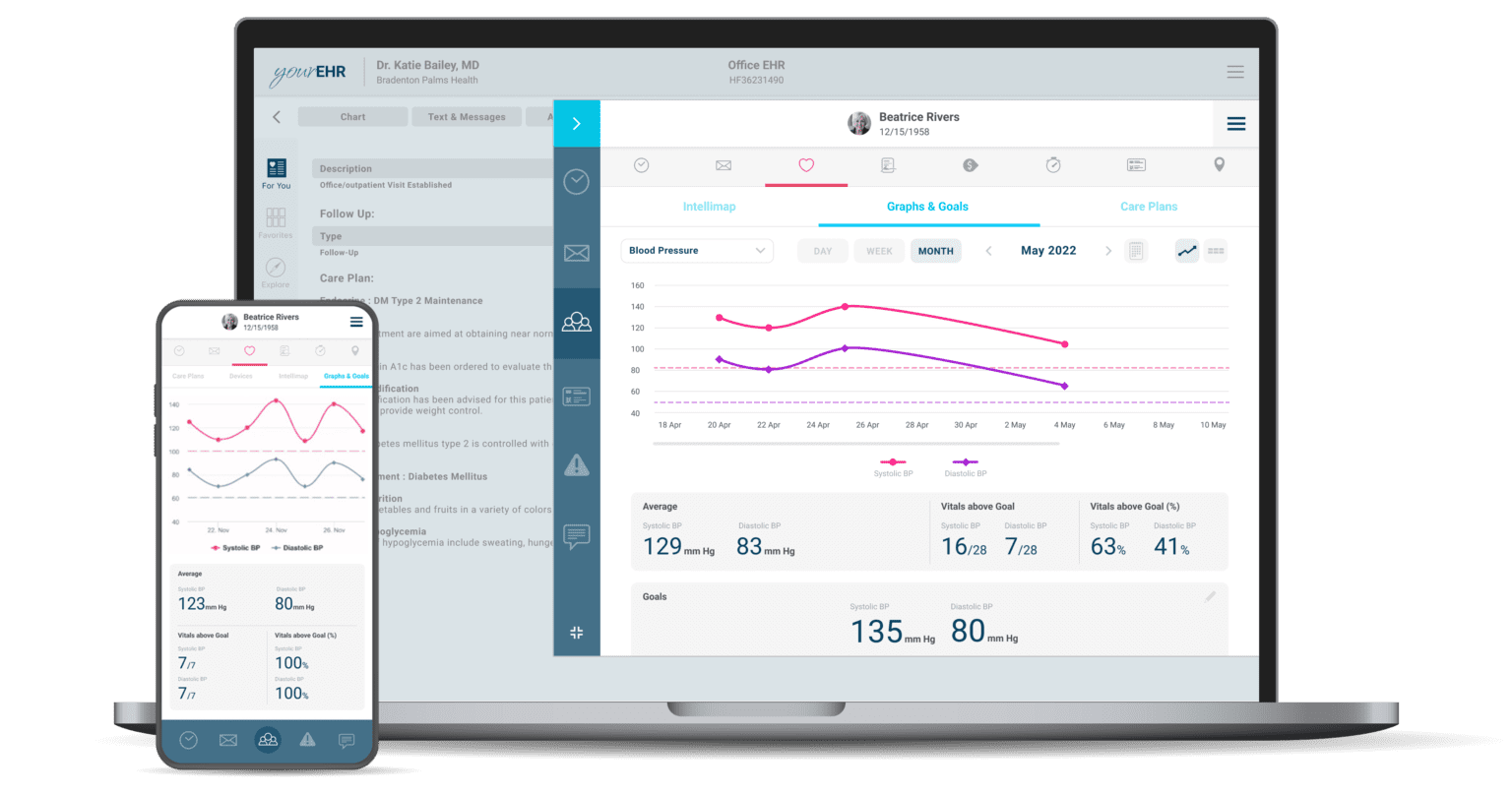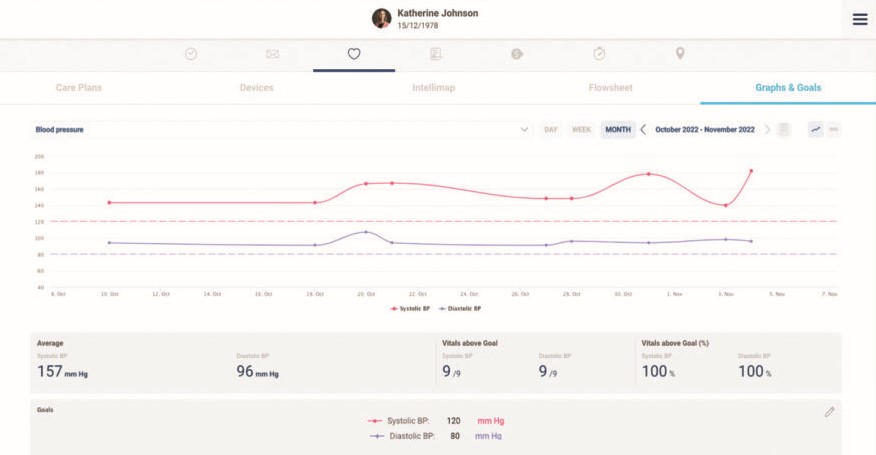Remote Patient Monitoring Features

Vital Signs Monitoring
AI analyzes real-time data from wearable devices (e.g., heart rate, glucose levels, oxygen saturation) to detect early signs of deterioration.
Data Sharing
Patient data is automatically shared with healthcare providers for continuous care.
Alerts for Abnormal Readings
AI filters and ranks alerts by severity and urgency. Sends alerts to both patients and doctors if readings fall outside normal parameters.
Enhanced Chronic Disease Management
For patients with conditions like diabetes, heart failure, AI-supported RPM tools offer continuous tracking, predictive analytics, and self-management insights.
Patient Compliance Monitoring
Tracks whether patients are following prescribed treatments and medication regimens.
Integration with Virtual Care Ecosystems
AI integrates RPM data with telemedicine platforms, EHRs, and decision support systems. Offers virtual consultations to discuss RPM results with healthcare providers.

